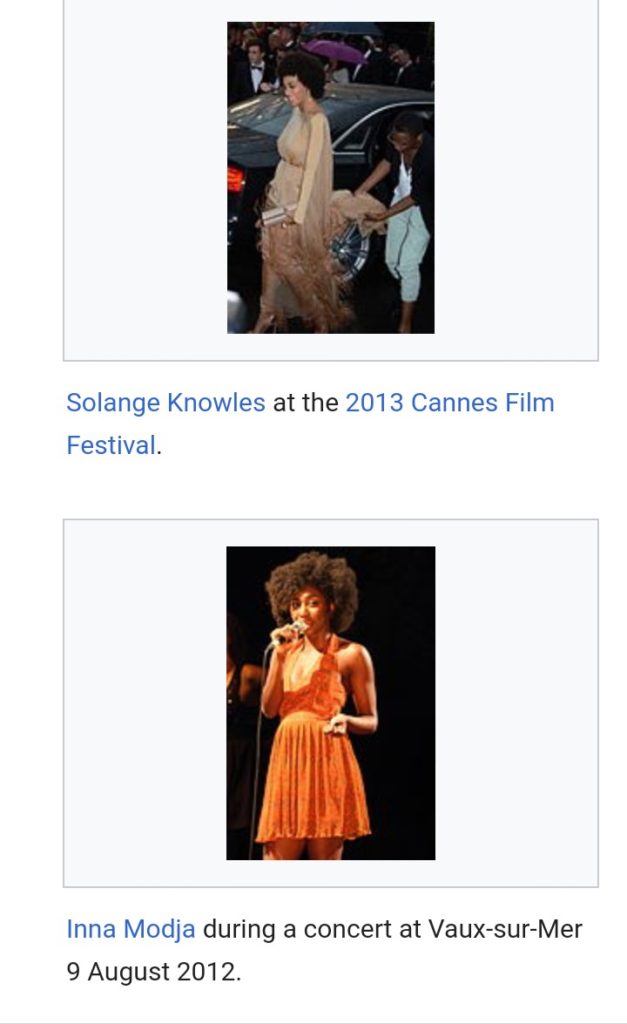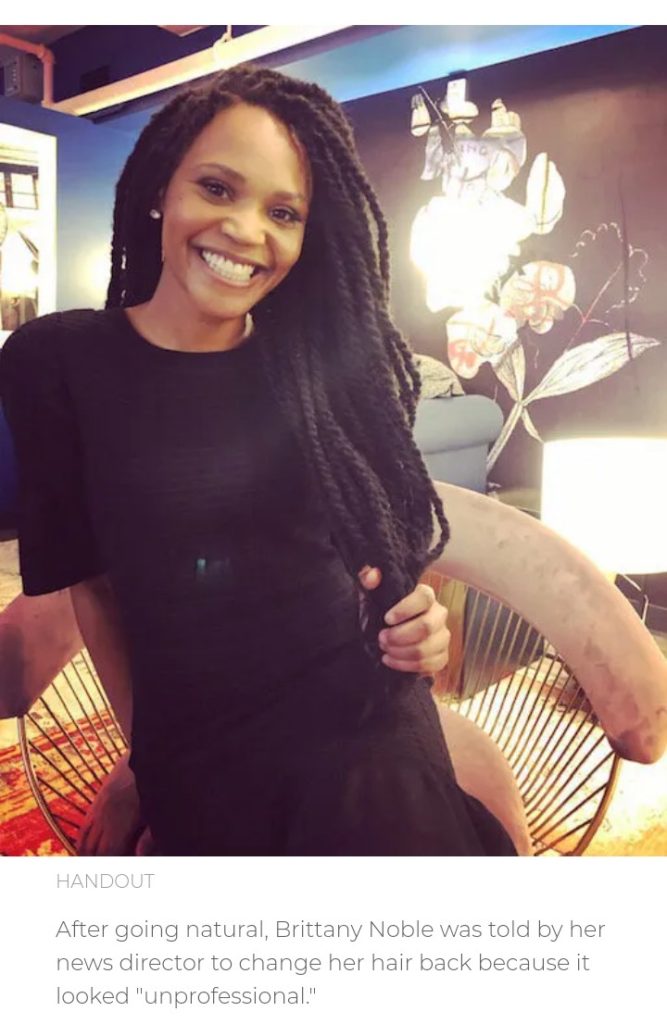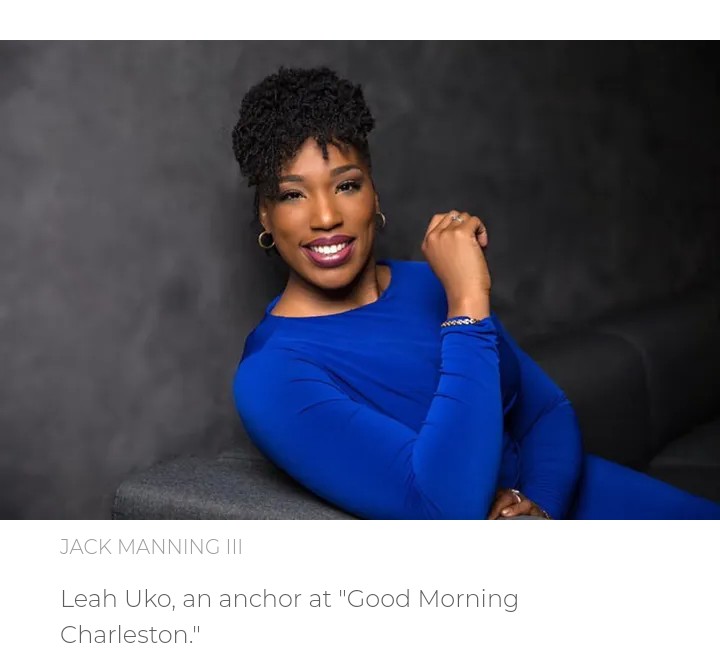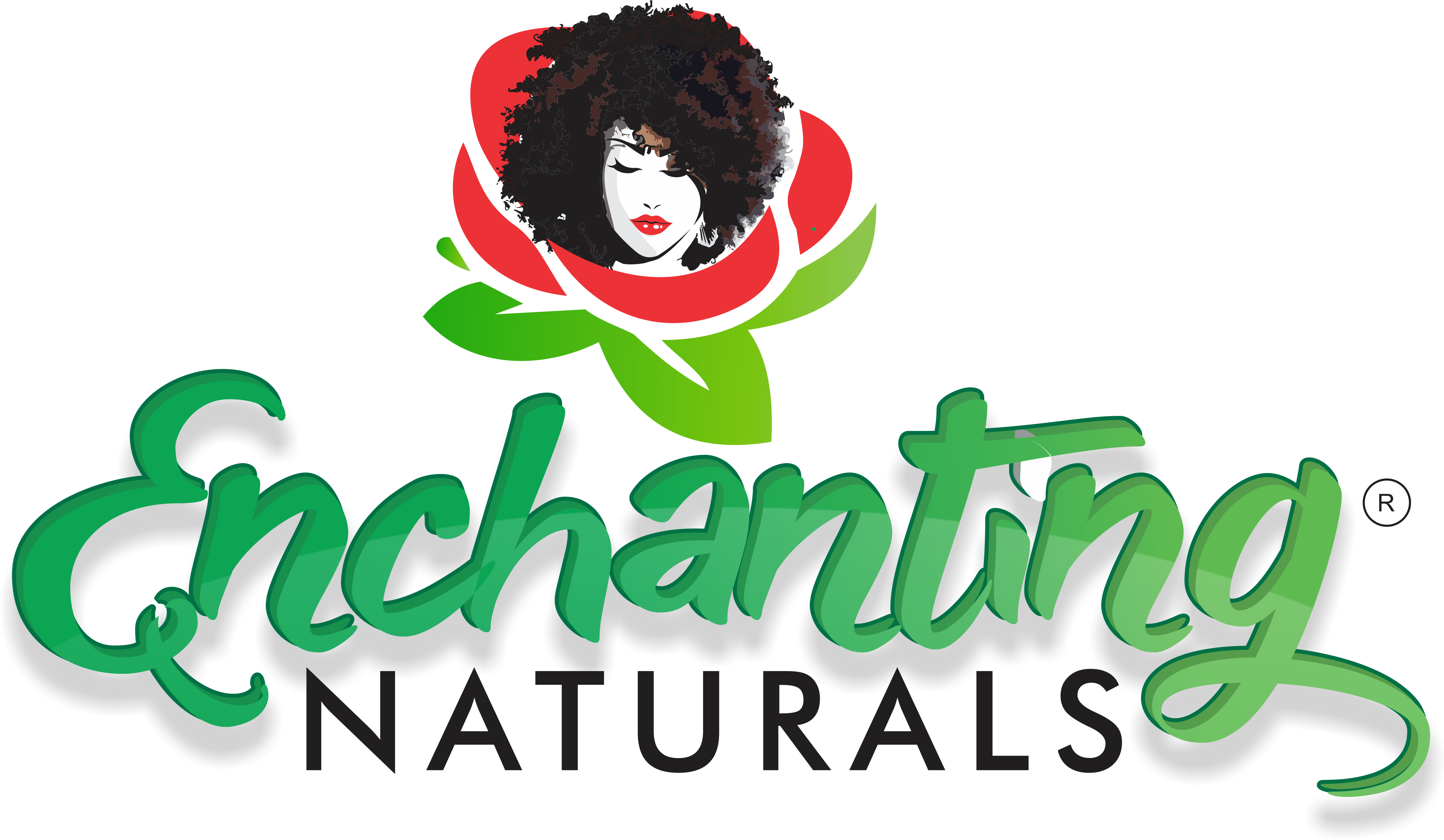Background
The natural hair movement is a movement which encourages women and men of African descent to keep their natural afro-textured hair.
It originated in the United States during the 1960s, with its most recent iteration occurring in the 2000s.
The natural hair movement has been encouraged by some stars who have abandoned straightening, allowing their natural hair to make a comeback. Prominent examples of notable women in the natural hair movement are Erykah Badu, Lupita Nyong’o, Solange Knowles, Inna Modja, Janelle Monáe, and Viola Davis.

If you put yourself in a black person’s shoes, you will understand some of the adversity that we face everyday. At some point, you get used to it. You realize that this is the way it is and it may never change. But there is a certain point where we have to draw the line.
People shouldn’t be able to harass us because of what we choose to do with our hair.
Why?
Because the way our hair is made is something we can’t change.
Most if not all humans can say that their hair is a part of how they choose to present themselves.
Many women of African descent have faced opposition from wearing their hair in naturally curly styles or other non-straight, protective styles.
Many women have found that they are treated unjustly based on having naturally afro-textured hair. Natural hair can be deemed as “unprofessional”, turning it into a fireable offense.
Stories so far
Companies have taken the harassment as far as firing or refusing to give jobs to African Americans because their hair is “unprofessional.”
In a 2016 article published in The Atlantic, a woman named Chastity Jones went into a job interview and ended up getting the job. The only complication was her hair. If she wanted the job, she would have to cut her dreads.
Farah Artis, an entrepreneur and baker who owns Truejoy Bakery in Decatur, GA, told VOX that she had also experienced this type of discrimination in her work environment. “I had a boss who basically told me and a couple of other [African American] ladies on our team that wearing our hair naturally or nappy was unprofessional and that it caused a distraction.” Artis’ boss said their natural hair would keep them from getting promotions.
Before the 2010s, you’d be hard-pressed to find a Black news anchor wearing her natural hair on-air. To forgo the relaxer, or the quintessential “anchor bob,” could jeopardize a reporter’s likability, and even her job.
This is what happened to Brittany Noble, a reporter who was fired from her local news station in 2018. She had been wearing her hair straight, and in wigs and weaves, when she started the job in 2015. But in 2017, she decided to go natural; after a month, Noble was told by her news director to change her hair back because it looked “unprofessional.”
“My goal was to just try to get on their good side so I could share stories that I felt were going unnoticed in the newsroom — many of these stories having to do with race,” she told HuffPost. “I figured if they are not willing to accept my natural textured hair, no wonder so many of our stories are going untold.”

For Leah Uko, an anchor at “Good Morning Charleston,” the side-eyes and comments came from within her home. Going from straightened hair to crochet twists proved to be a positive change for Uko’s career. She was celebrated by her employers, who said that her hair made her look more authentic. It gave Uko the confidence to continue experimenting with natural hairstyles. But her shift brought on backlash from other Black women in her workplace and in her own family.
“We are taught to hate how we look,” Uko told HuffPost. “To be a pioneer, you’re going to have to take a hit from the number-one people who should be pouring life into you.”

While natural hair in the workplace is a problem, natural hair in certain schools are a problem as well.
The Department of Education is supposed to prohibit discrimination in the school environment. They have failed to do so because in certain schools in America, black girls and boys have been threatened with suspension because of their hair.
Discrimination in the school environment can discourage students from wearing their natural hair. Kids are always worried about getting in trouble or what peers might say.
Middle school teacher Gwendolyn Henry, works at Northbrook Middle School in Gwinnett County, told VOX that she had actually encouraged one of her students to wear her natural hair. “I’ve had a parent come up to me and tell me that her daughter, who I taught 4 years ago, would come home and tell her mom about my hairstyles. ‘Mommy today Ms. Henry had her hair like that’, and I was like what are you talking about?” The parent explained that Ms. Henry had put pride in her daughter to wear her hair natural. “When I learned that,” said Henry, “I decided I would never get a perm again.”
Corporate America and school systems expect black women and girls to keep their hair straightened and black men should keep their hair short and clean cut. True some natural hair can look wild, but just like other races, there are ways to make our natural hair and locks look neat and professional.
We have the right to express ourselves whichever way we choose.
Bringing it to our country, Nigeria.
The natural hair has staged a comeback in Nigeria. Men and women are turning away from chemicals and embracing the beautiful kinky natural hair.
The trend returned about three years ago but started to become the rave in 2016, buoyed by social media awareness campaigns, the prominence of natural hair blogs and the flooding of the hair and beauty market with organic beauty and natural hair products.
But even now, neighbors, friends and concerned family still make side comments such as :
“when are you going to relax your hair?, this your hair will look better relaxed, do you know relaxers are not that toxic?”
When you’re carrying afro as a primary or secondary school student, teachers will say “Make sure you don’t come to school with this hair,tell your mother to get it plaited or we cut it off”
Even University students have been prevented from writing exams all because of the hair styles they did and they say “this is an institute, we don’t teach mad persons here”
Thus, we are our own enemies.
Our message out there is “our hair doesn’t need to be fixed, society’s view of beauty is what’s broken”

Sources (Vox ATL blog, Huff post, Nbc news, Wikipedia)

Recent Comments